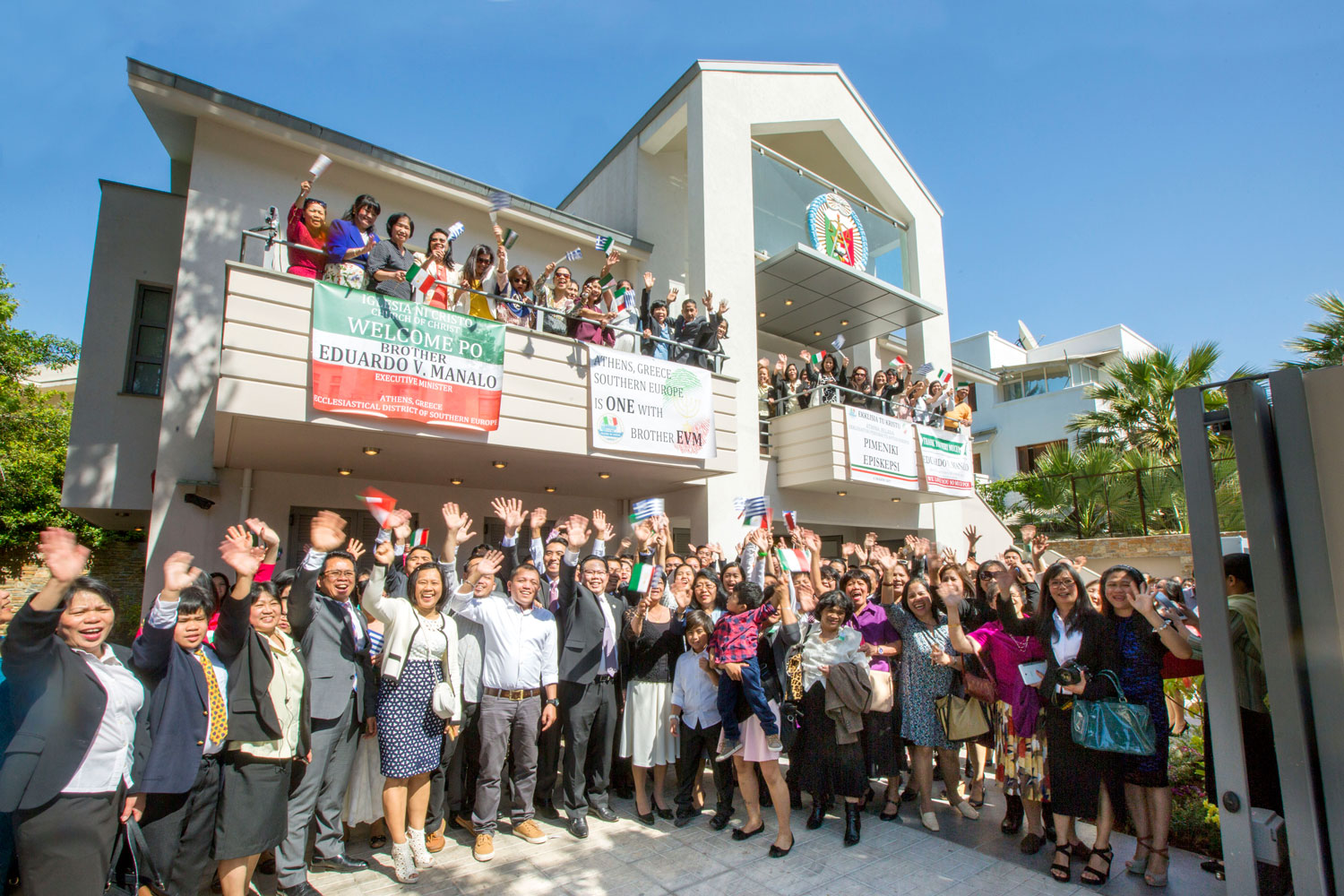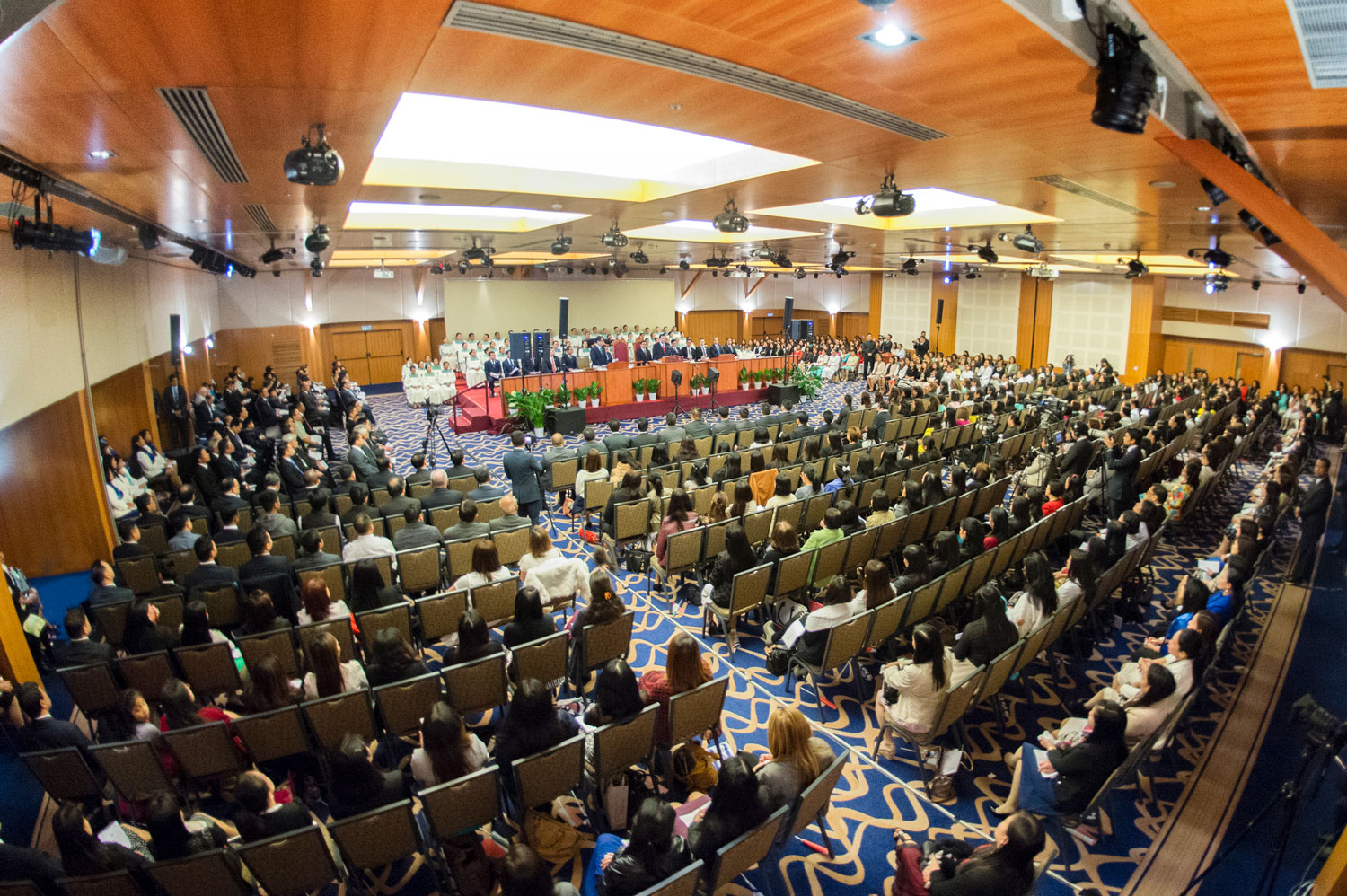


THE INTERLOCKED COASTAL AREAS of the continents of Europe, Africa, and Asia surrounding the Mediterranean Sea make up the Mediterranean Region. The countries and territories whose shorelines are caressed by the waves of the Mediterranean Sea are Spain, France, Italy, Malta, Monaco, Slovenia, Croatia, Bosnia and Herzegovina, Montenegro, Albania, and Greece (Europe); Turkey, Cyprus, Syria, Lebanon, Israel, and the Palestine Gaza Strip (Western Asia or the Middle East); Morocco, Algeria, Tunisia, Libya, and Egypt (Northern Africa); and the British overseas territories of Gibraltar, Akrotiri, and Dhekelia.
A subtropical climate prevails in the region with unexpected heavy rainfall and short periods of high winds. Its summers are hot and dry; its winters, mild and wet. Its climate plus a large salt water body close by that brings about diverse soil types are beneficial to cultivation. Unique to the region are certain foods like olives, couscous, pesto, hummus, and falafel. But since grass and other plants with shallow roots do not grow well in the region, there is not much area for animals to graze which is why animal farming is not a common practice.
The region is not just a long coastline of attractive white beaches with cerulean waters. Its topography varies with rocky shores and cliffs, forests, savannas, and high mountains. There are portions of dry stretches of land that, though seemingly barren, are remarkably rich in wildlife. Wetlands—from tiny coastal lagoons to vast deltas—regularly appear along the Mediterranean’s long coastline. These wetlands cradle a diversity of fish, amphibians, and insects that attract about two billion birds that migrate to the region every year. Most of these birds escape the cold weather up north and stay until winter is over while others only stay for a few days, refueling themselves before they cross the Sahara Desert.
The alluring Mediterranean scenery and the delectable food in the region equally attract people from all over the world. About a third of the world’s international tourists visit the region, making it one of the most popular tourist destinations in the world.
For others, the Mediterranean has become their home away from their countries of origin. Among them are members of the Iglesia Ni Cristo (Church Of Christ) who have brought with them the true faith which they have held on to steadfastly and intensively shared with the people in the Mediterranean.
Events of historic proportion for the Church Of Christ in these last days transpired in the Mediterranean Region. The year 1994 saw the momentous return of the true Church to Rome, the Italian capital of a country whose land juts out into the Mediterranean Sea. On July 27 that year, the then Executive Minister, Brother Eraño G. Manalo, led the Church’s 80th anniversary Thanksgiving worship service in Rome, witnessed live through video-conferencing by more than 100,000 brethren gathered in five other locations in the world— Quezon City, Philippines; Honolulu, Hawaii; San Jose and Los Angeles in California, USA; and Sydney, Australia.
Brother Eduardo V. Manalo, Deputy Executive Minister then, arrived a few days earlier in Rome. He undertook the necessary steps for the registration of the Church Of Christ (Chiesa di Cristo in Italian) with the Italian government, officiated at the dedication worship service of the house of worship on July 14, and signed the application for registration and recognition on July 22 which was submitted to the Tribunale Civile di Roma Cancelleria Provvedimenti Speciali on July 26. The following day, Brother Eraño Manalo signed a document declaring that the original Church Of Christ is fully restored in Rome.
Two years later, the Church had at last returned to its original home—Jerusalem. On February 20, 1996, the Israeli government recognized the Church’s congregation in this world-famous city, granting the Church permission to hold worship services in Israel and to declare the Christian faith written in the Bible. The worship service for this historic occasion was officiated by Brother Eraño Manalo on March 31. Prior to the homily, Brother Eduardo Manalo outlined the chronology of events in the history of the Church in Jerusalem tracing its beginnings in the first century—being the first congregation established during the time of the Lord Jesus Christ and His apostles.
The third monumental event that transpired in the Mediterranean Region is the Church’s extension of its Gentile mission to continue Apostle Paul’s work of preaching the gospel during the first century in the City of Athens in Greece. In our time now, the Local Congregation of Athens was established on May 10, 1997 through a worship service officiated by Brother Eraño Manalo. Prior to the homily, Brother Eduardo Manalo delivered the history of the first-century Church Of Christ in Athens. He recounted when Apostle Paul first preached the true gospel at the Areopagus (Mars Hill in its Romanized designation) near the famous Acropolis Hill and how the apostle carried out his missionary work in different places in Greece.
In our time now, the Church’s spread to the Mediterranean Region started in the 1970s through the instrumentality of brethren who found work there. Eager to continue fulfilling their duty to worship God, they wasted no time in searching for other brethren in their area. Upon finding one another, they immediately wrote letters of request to the Church Administration for them to form committee prayer groups which eventually blossomed into full-fledged local congregations.
Today, under the leadership of the current Executive Minister, Brother Eduardo Manalo, the Church in the Mediterranean Region continues in its march onward with the establishment of new congregations, dedication of new houses of worship, establishment of new ecclesiastical districts, and being the center of historic first ordinations by the Executive Minister held in Rome and in Jerusalem.
As the entire Church is blessed by God with a continuous parade of victories, the brethren in the Mediterranean share in the joy of all the brethren in the world as they actively participate in the many activities of the Church. With the promise not to extinguish the fire of the Holy Spirit that works in them, they push onward firm in faith and remain one with the Church Administration.